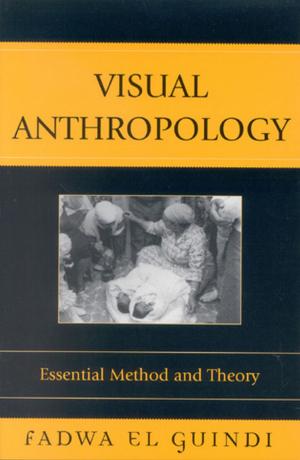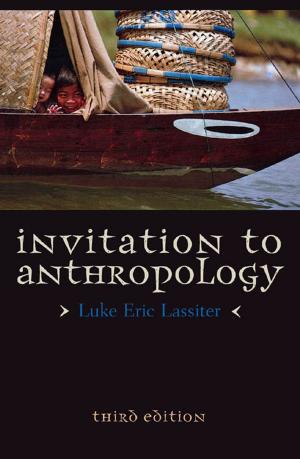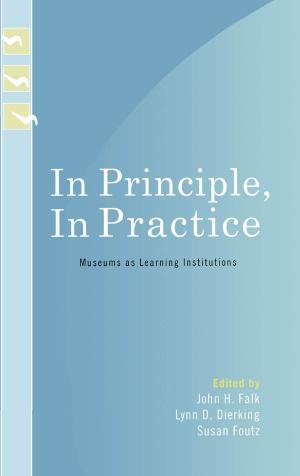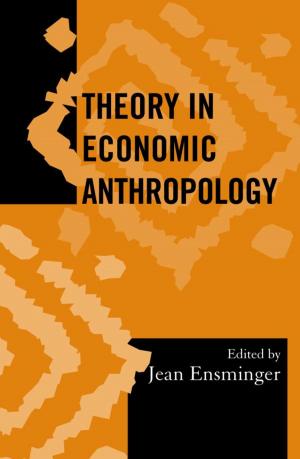San Spirituality
Roots, Expression, and Social Consequences
Nonfiction, Social & Cultural Studies, Social Science, Archaeology| Author: | David J. Lewis-Williams, D. G. Pearce | ISBN: | 9780759115422 |
| Publisher: | AltaMira Press | Publication: | August 20, 2004 |
| Imprint: | AltaMira Press | Language: | English |
| Author: | David J. Lewis-Williams, D. G. Pearce |
| ISBN: | 9780759115422 |
| Publisher: | AltaMira Press |
| Publication: | August 20, 2004 |
| Imprint: | AltaMira Press |
| Language: | English |
At the intersection between western culture and Africa, we find the San people of the Kalahari desert. Once called Bushmen, the San have survived many characterizations_from pre-human animals by the early European colonials, to aboriginal conservationists in perfect harmony with nature by recent New Age adherents. Neither caricature does justice to the complex world view of the San. Eminent anthropologists David Lewis-Williams and David Pearce present instead a balanced view of the spiritual life of this much-studied people, examining the interplay of their cosmology, myth, ritual, and art. Integrating archaeological finds, historical accounts, ethnographic information, and interpretation of rock art, the authors discuss San cosmic geography, the role of shamans and mind-altering substances, the ritual of the trance dance, the legends reproduced on stone, and other intriguing accounts of other-worldly experiences. From this, Lewis-Williams and Pearce illuminate the world view of the San, how it plays out in their society, and how it has been challenged and altered by the modern world. For students of anthropology, archaeology, religion, and African studies, this volume will be essential and fascinating reading.
At the intersection between western culture and Africa, we find the San people of the Kalahari desert. Once called Bushmen, the San have survived many characterizations_from pre-human animals by the early European colonials, to aboriginal conservationists in perfect harmony with nature by recent New Age adherents. Neither caricature does justice to the complex world view of the San. Eminent anthropologists David Lewis-Williams and David Pearce present instead a balanced view of the spiritual life of this much-studied people, examining the interplay of their cosmology, myth, ritual, and art. Integrating archaeological finds, historical accounts, ethnographic information, and interpretation of rock art, the authors discuss San cosmic geography, the role of shamans and mind-altering substances, the ritual of the trance dance, the legends reproduced on stone, and other intriguing accounts of other-worldly experiences. From this, Lewis-Williams and Pearce illuminate the world view of the San, how it plays out in their society, and how it has been challenged and altered by the modern world. For students of anthropology, archaeology, religion, and African studies, this volume will be essential and fascinating reading.















